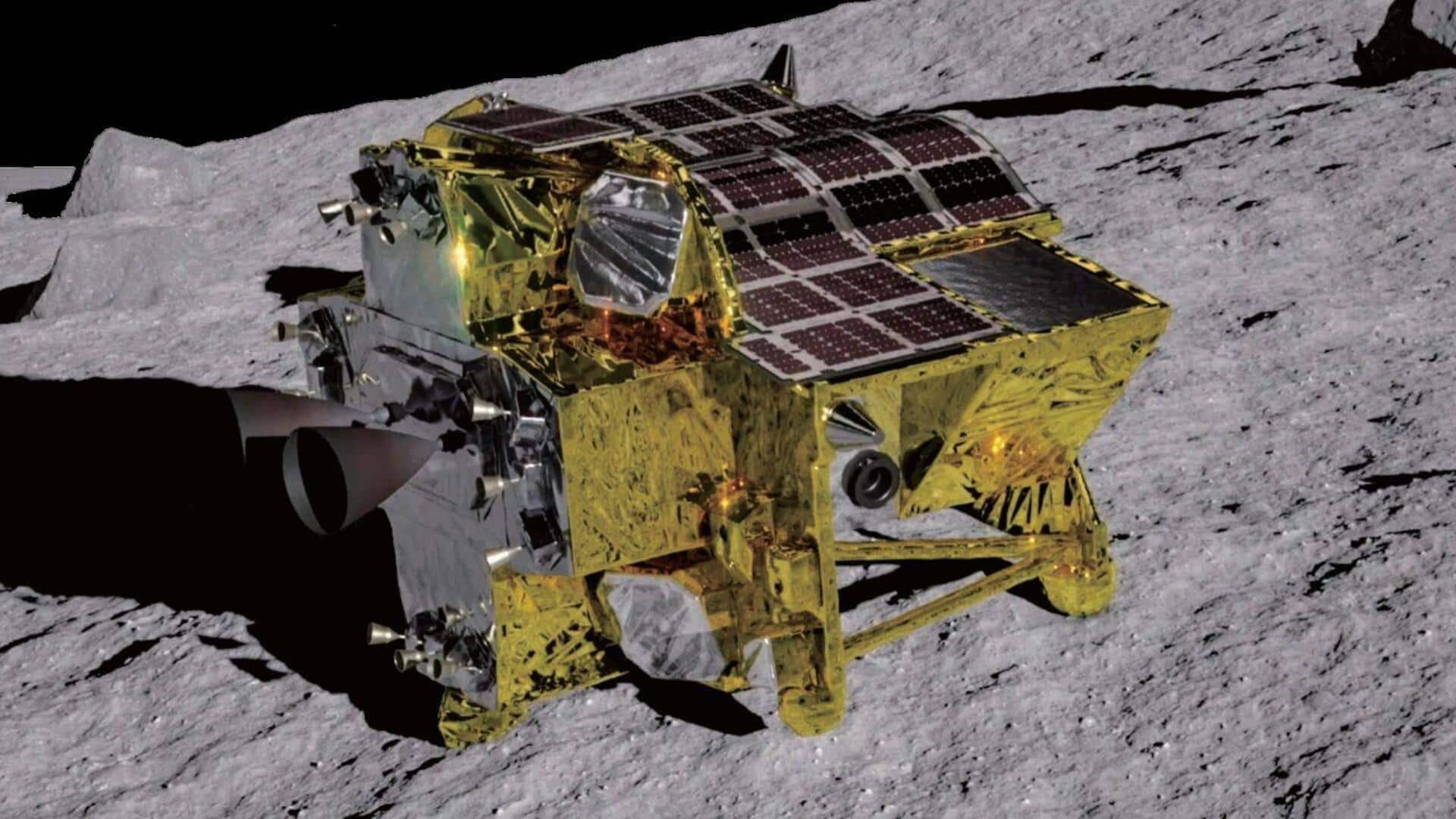
Japan's SLIM Moon lander resumes scientific operations following temporary shutdown
What's the story
Japan's space agency, JAXA, has shared that its Moon lander, known as "Moon Sniper," is back in action after facing a power issue due to a rough landing. The Smart Lander for Investigating Moon (SLIM) fell down a crater slope on January 20, causing its solar batteries to face the wrong way and lose power. JAXA focused on sending landing data before the battery died, hoping the probe would recharge once the Moon's west side received sunlight.
Twitter Post
Take a look at the announcement
“Toy poodle” is the name given to a rock observed near SLIM. Please see this press release for details 🔗: https://t.co/uiGwHAL7OK#JAXA #SLIM #GoodAfterMoon
— 小型月着陸実証機SLIM (@SLIM_JAXA) January 29, 2024
Work
Successful communication and scientific observations
JAXA stated on Monday, "Last evening we succeeded in establishing communication with SLIM, and resumed operations." The agency quickly began scientific observations using SLIM's multi-band camera (MBC), capturing the first light for its 10-band observation. They also shared an image of a rock named "toy poodle" found near the lander on social media. This achievement made Japan the fifth country to accomplish a soft lunar landing, following the United States, the former Soviet Union, China, and India.
Procedure
Precise landing and detached probes
SLIM's landing was accurate, touching down 55 meters from its target, far closer than the typical landing zone range of several kilometers. The lander aimed for a crater where the Moon's mantle is thought to be visible on the surface. JAXA turned SLIM off with 12% power left, allowing for a potential restart when the Sun's angle changed. Two probes successfully detached - one with a transmitter and another meant to roam the lunar surface, sending images back to Earth.
History
Japan's failed lunar missions
Before SLIM, two Japanese Moon missions, including one public and one private, had failed. Back in 2022, Japan failed to send a lunar probe called Omotenashi as part of the US' Artemis 1 mission. In April last year, Japanese start-up ispace was unsuccessful in becoming the first private firm to land on the lunar surface. It lost communication with its spacecraft following a self-described "hard landing."